Indian SC asks Modi govt for timeframe to restore special status of occupied Kashmir
3 min readAn Indian Supreme Court bench has asked the Narendra Modi-led government about the time needed to restore statehood of occupied Jammu and Kashmir as enshrined in the country’s constitution, India Today reported.
The court said this after the incumbent government told it the bifurcation of Indian Illegally Occupied Jammu and Kashmir into UTs was “temporary”.
The Indian top court was hearing a batch of petitions that challenged the abrogation of Article 370 in the Indian Constitution in IIOJK on Tuesday. More than 20 petitions were filed questioning the constitutional validity of the Indian government’s August 2019 decision to abrogate Article 370.
The Modi-led government stripped Kashmiris of the special autonomy they had for seven decades in the Indian Constitution through a rushed presidential order on August 5, 2019, prompting condemnations from Pakistan and political leaders in India.
Petitioners have claimed that constitutional provisions were violated while making the decision – a claim which has been denied by the ruling party members.
Also, read this
India hosts G20 tourism meet as Pakistan, China condemn holding event in held Kashmir
UN resolutions nothing but papers when it comes to Kashmir issue: Bilawal
More urgent to raise Kashmir issue at Congress than before, says Ilhan Omar
The repealing of Article 370 of the constitution allowed people from the rest of India to have the right to acquire property in occupied Kashmir and settle there permanently.
Solicitor General of India Tushar Mehta contended that any change in the Constitution that brought everyone at par “can never be faulted”.
He defended the government’s decision to revoke the special status of the held Kashmir. The verdict said that the word “fraternity” has to be given effective meaning, Mehta added.
The Indian solicitor general demanded that the law in question should be treated as permanent. “This argument came up first in the Madharao Scindia case after the government withdrew the ‘privy purses’,” he said.
The central government exercised its powers, he argued and added that since ‘Princely states’ do not exist any longer the privy purses also cease to exist.
“Jammu and Kashmir as union territory is not a permanent feature. However, Ladakh would remain a UT. We will make a statement on this in detail on Thursday and AG and I will visit the government officials and make a statement,” Mehta said.
Attorney General R Venkatramani told the court that Article 370 was “nothing but the finality of integration” of IIOJK into the union of India.
Mehta informed the court that a “positive” statement on the restoration of IIOJK’s status was likely by August 31 (Thursday) after a meeting at the highest level.
The apex court remarked that restoration of democracy was important after the arguments of the solicitor general.
Later, he completed his arguments for Tuesday.
Chief Justice of India DY Chandrachud observed on Monday that fundamental rights of equality, liberty to practice profession in any part of the country and others were virtually taken away by enacting Article 35A.
For the latest news, follow us on Twitter @Aaj_Urdu. We are also on Facebook, Instagram and YouTube.







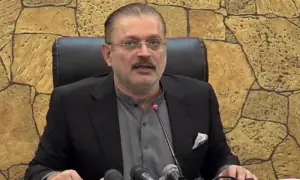









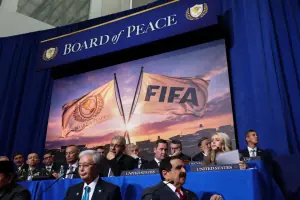
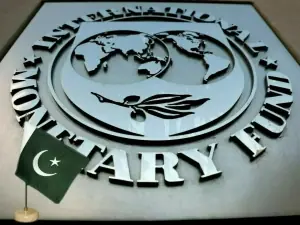

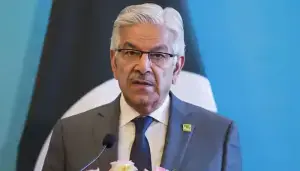
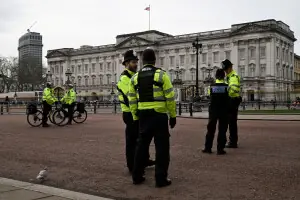
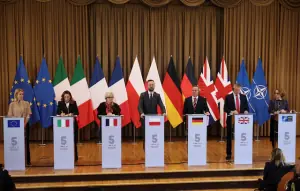

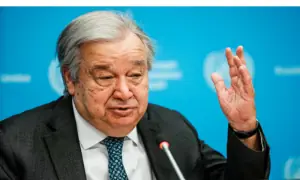
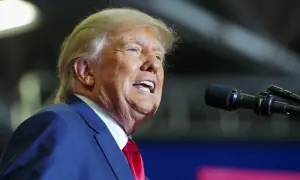
Comments are closed on this story.